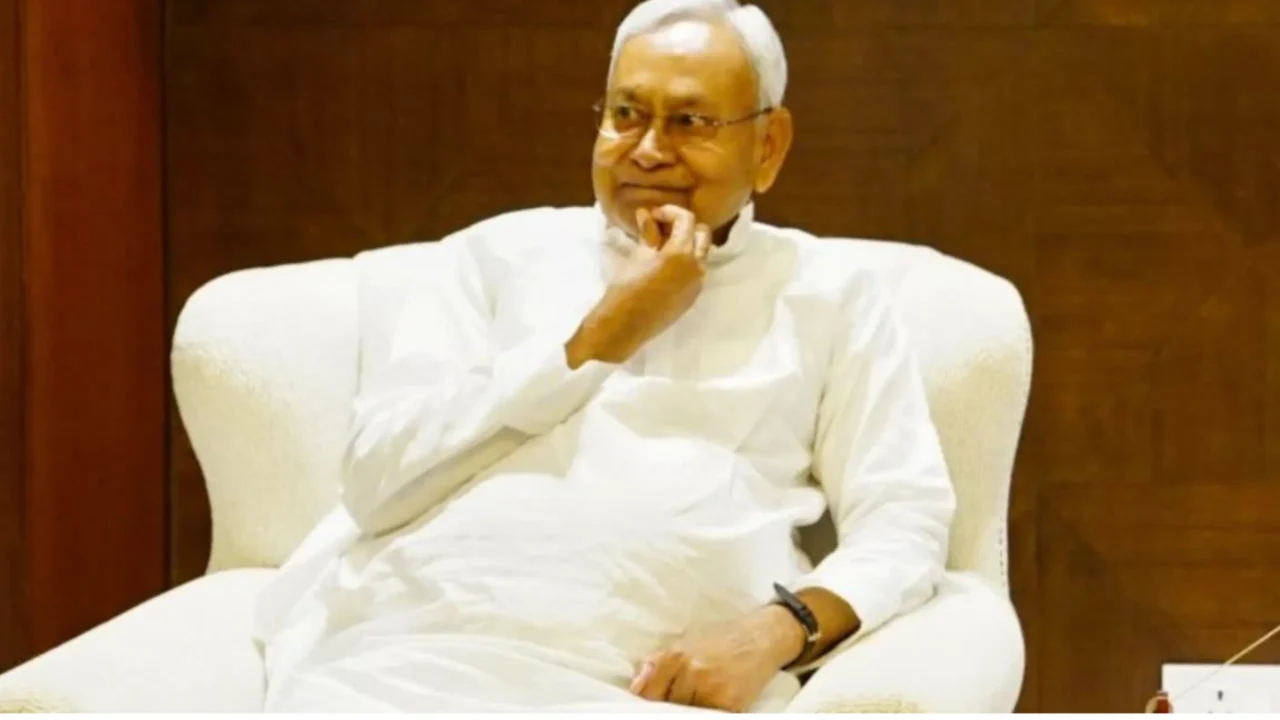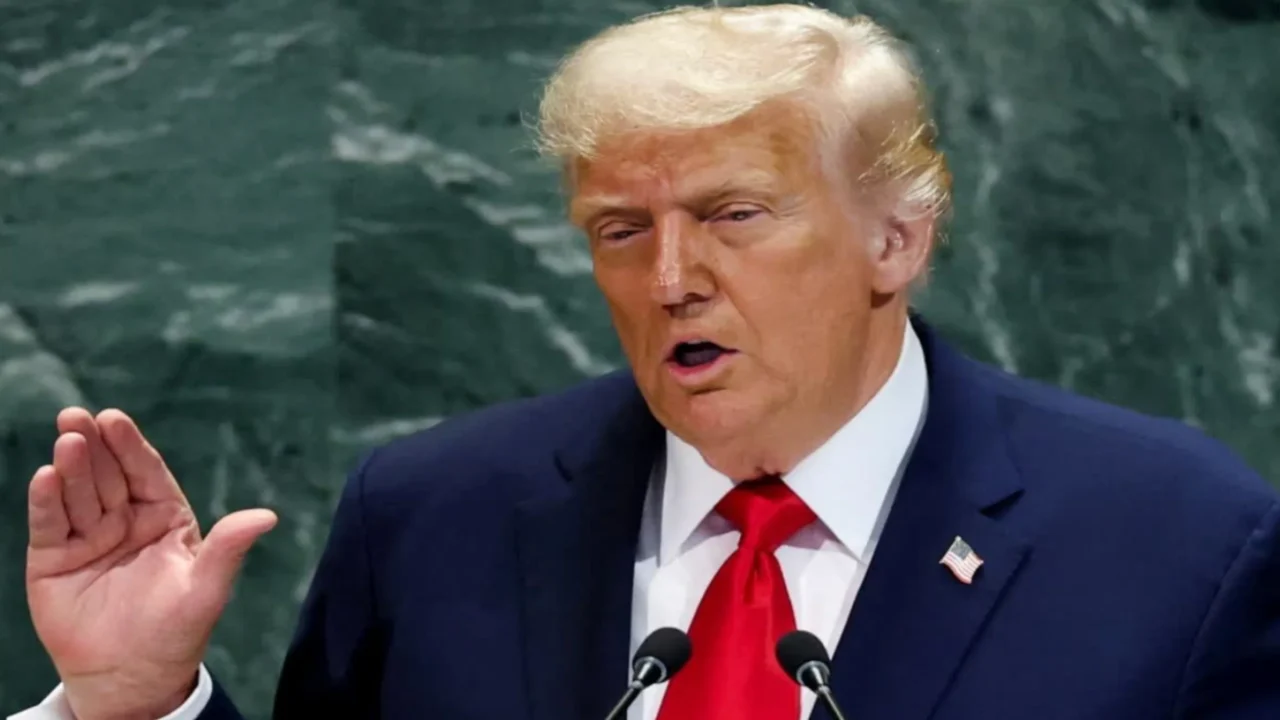by NIHARIKA GUPTA
In recent years, India has been a prominent participant in discussions, contributing to international dialogues on various fronts. However, during the 2023 G-20 meet, India’s proposal to be referred to as the “Republic of Bharat” raised significant attention and debate. This essay explores the context, implications, and reactions to this proposal.

The name “Bharat” has deep historical and cultural significance in India. It traces its roots to ancient Indian scriptures like the Vedas and Mahabharata and is believed to be the original name of the Indian subcontinent. When India adopted its Constitution in 1950, it was officially named the “Republic of India” to reflect its diverse identity and unity in diversity. The proposal to refer to India as the “Republic of Bharat” draws from this historical legacy. The proposal to be referred to as the “Republic of Bharat” sparked a lively debate within India and internationally. Political parties, scholars, and citizens expressed diverse opinions. While some saw it as a celebration of India’s cultural heritage, others questioned the necessity of such a change and the potential challenges it could pose. The proposal to call India the “Republic of Bharat” at the G-20 meet is a reflection of the complex and multifaceted nature of Indian identity. It raises important questions about history, culture, nationalism, and diplomacy. Whether or not this proposal gains widespread acceptance remains to be seen, but it undoubtedly invites a deeper exploration of India’s rich heritage and its place in the world.






